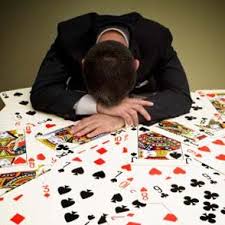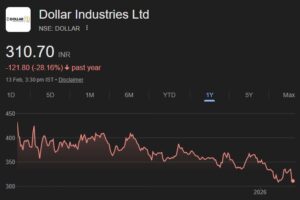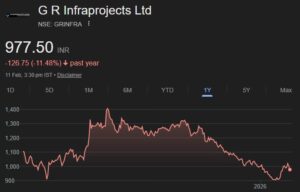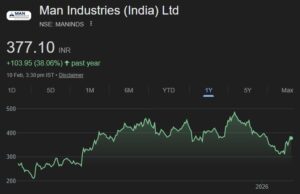
Novice investors like you and me have a tendency to obsess over the losses that we have suffered. This tendency dominates our thinking and clouds our ability to take rational decisions. It is a fact that our sense of regret/ unhappiness/ displeasure due to a loss is disproportionately higher as compared to the pleasure that we experience from a gain of the same amount.
In his latest piece titled “Meeting with Triumph and Disaster: Some lessons” Prof Sanjay Bakshi has given an apt example to show how our inherent tendency towards loss aversion turns us into gamblers.
The Prof explains that if we are given a choice of a sure win of $85 and a potential loss of $100, our conservative nature ensures that we opt for the sure win of $85. However, if the tables are turned and we are asked to choose between a sure loss of $85 and a potential loss of $100, we will opt for the potential loss of $100 rather than the sure loss of $80.
This proves that our loss aversion turns us into “gamblers”, the Prof says.
The Prof has also explained that there is a difference between “risk aversion” and “loss aversion”. While we should strive to avoid “risk” in our investment decisions, seeking to avoid “loss” will make us timid and incapable of taking advantage of the opportunities that come our way.
The Prof has, in his thesis, quoted extensively from the wisdom of Warren Buffett, Charlie Munger and Rudyard Kipling. He has also drawn heavily from the sacred sayings in the Upanishads.
If you ponder over it, you will realize that the doctrine of “loss aversion” is why several retail investors steer clear of equities and instead prefer to invest in fixed income securities. When they evaluate the prospects of a gain or a loss from equities, the aversion to a loss is so overpowering that they become hostile to the idea of investing in equities.
So, even though retail investors know at the back of their mind that equities have created huge wealth over the decades, the prospect of a loss in the short-term overpowers their thinking.
The concept of loss aversion is also why several investors carry “dead” stocks in their portfolio. Though they know in their heart that the stock has no future and that the money would be better invested elsewhere, they are loath to sell the stock because of the aversion to book the loss.
Loss aversion is also the reason why we don’t buy stocks when the prices are plunging. Our instincts revolt against the idea of buying something whose price may be lower after we have bought it.
A classic example of “loss aversion” versus “risk aversion” would be in the context of sectors and stocks that are not popular, e.g. the realty sector and stocks. Though there is no real “risk” in buying these stocks today because of their beaten down valuations etc, the aversion to a “loss” (whether a real loss or a loss due to opportunity cost) causes people to shun away from these stocks.
The Prof’s analogy of loss aversion with gambling becomes clear if one visualizes the situation in a casino. When the player plays initially and loses a sum of money, he is not prepared to walk away and absorb the loss. Instead, he plays a second time and a third time in the hope that he will recover his loss. Unknowingly, his loss aversion is putting him into a deeper hole than he would have been had he simply absorbed the loss in the first instance.
So, when we take any investment decision of buy/ hold or sell, we have to be cautious that the specter of “loss aversion” is not swaying our thought process says the Prof.





